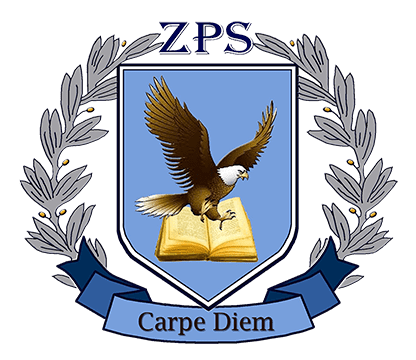The Journey is just as enjoyable as the destination

With the fast growth and development in science and technology, education is taking new dimensions and angles. Mostly the educational institutions and teachers have started following the new techniques in the process of education. There is a great change in the system of education compared to the education system of the olden days particularly in a fast developing countries. Education has been redefined basing on its importance in the present world of technology and internet which is transforming our minds.
One of the most effective learning habits that yield academic results in the classroom is to enjoy learning for learning’s sake. It takes us on an educational journey that is not just about winning or the destinations we reach. It is about the enjoyment, wisdom, education and growth that come from that learning, the paths we follow and the lessons learned along the way.
The Journey is just as enjoyable as the destination
Enjoy the journey. This is a phrase I like to tell my students, meaning the learning process is just as enjoyable as the learning outcome.
One of the most effective learning habits that yield academic results is focusing on the process instead of the product. Instead of just focusing on completing the paper, the project, or exam, we encourage students at Zambezi Private School to enjoy learning for learning’s sake. We work on developing students who are curious and want to have a deeper understanding of the world around them.
My teaching colleagues and I have developed projects that encourage problem-solving, that have more than one right answer, that welcome risk-taking or wildly divergent thinking, and that can be tailored to students’ individual interests while simultaneously meeting grade-level learning benchmarks. For some students, this way of learning involves some unlearning. They have to unlearn, relying exclusively on the teacher for approval and, instead, prototype his or her own ideas and test them for effectiveness, thereby, learning from their own mistakes. They have to unlearn that one iteration is enough; true learning often takes multiple attempts.
They learn that failure is a natural part of the learning cycle. They learn that satisfaction not only comes at the end of a project but it can be infused throughout the cycle.
One way parents can help their children develop this skill is by praising hard work and not just applauding achievements. Students who understand that tenacity, grit and perseverance are valued above trophies, A-plus grades and external accolades tend to be better suited for university and beyond. They develop coping skills and are more adaptive to setbacks. They are more independent and more optimistic that they have the skills and mind set to tackle challenges that will come their way. They understand that the journey is just as worthwhile as the destination.
(The article is contributed by Ronel de Wet & Michele Turner)


